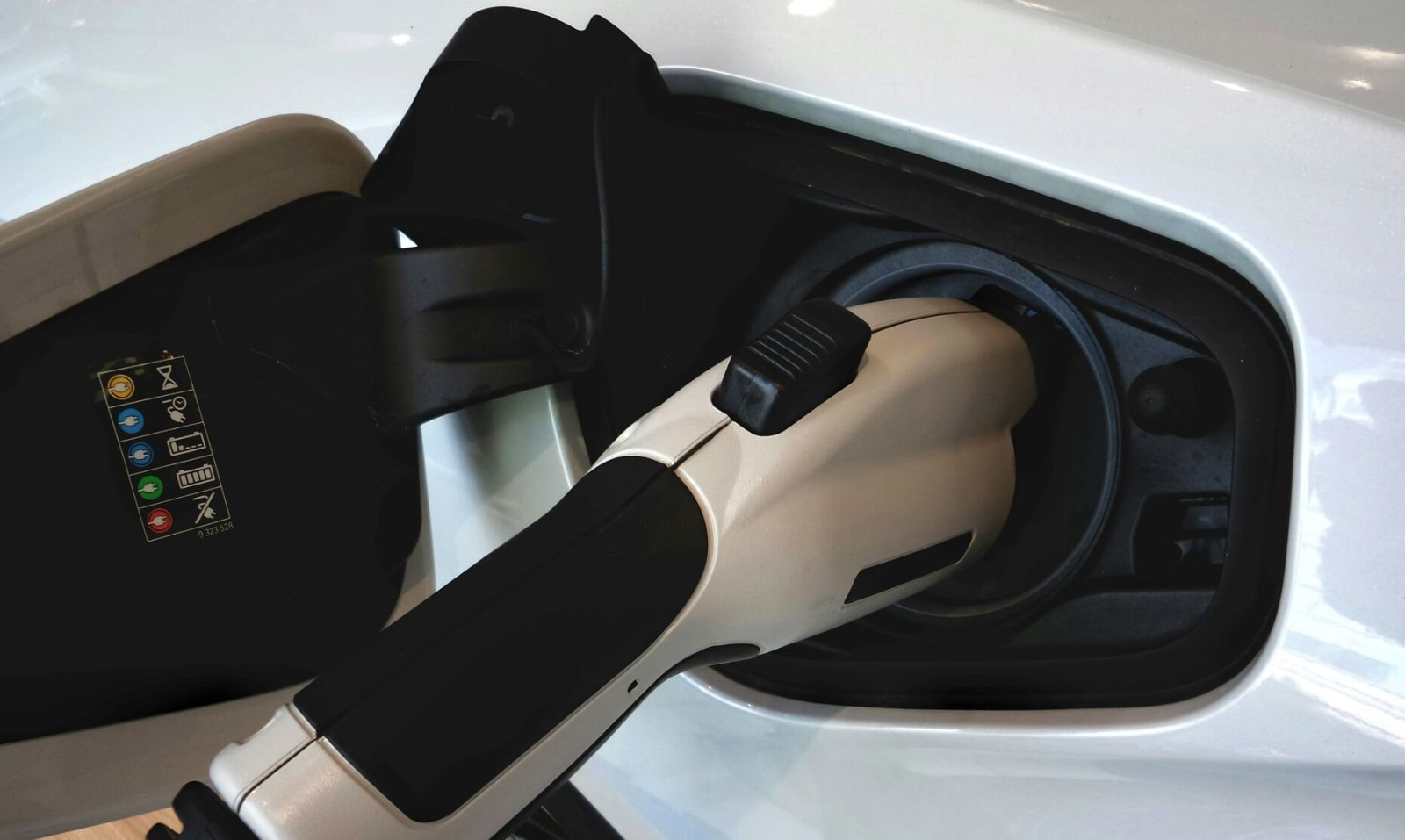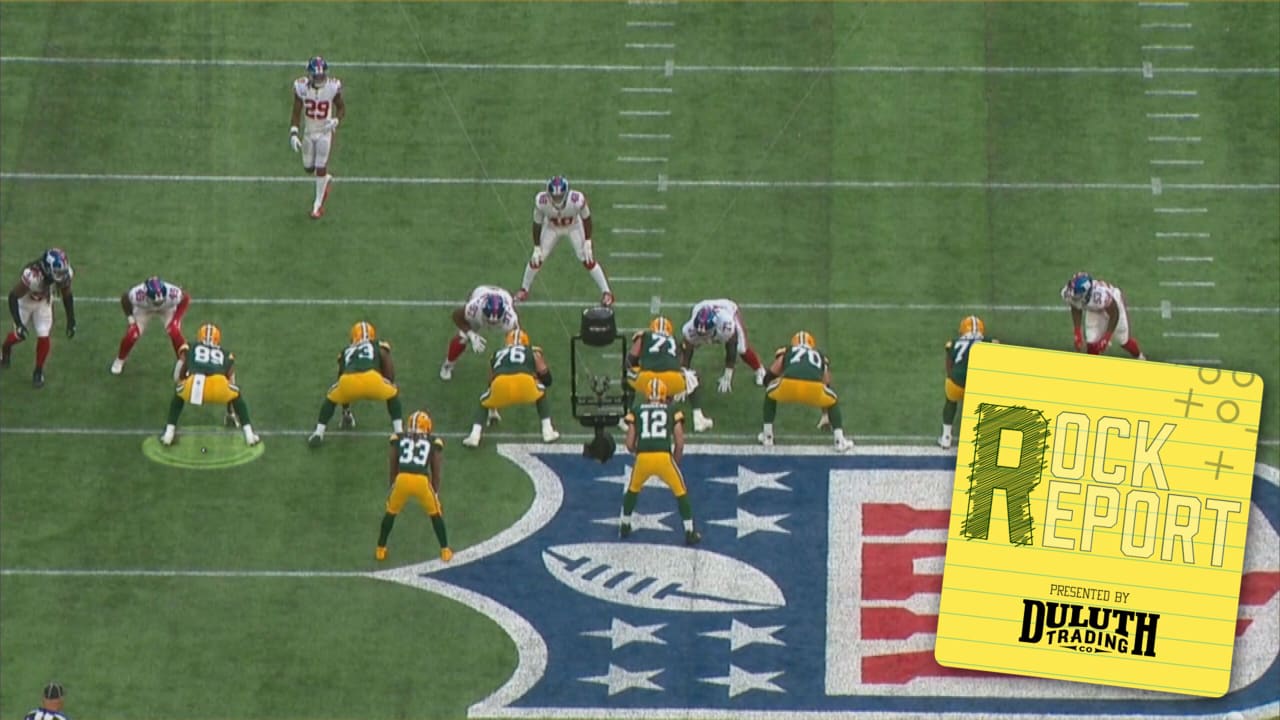Increased Pushback: Car Dealers Renew Opposition To EV Mandates

Table of Contents
Financial Concerns Fueling Dealer Resistance to EV Mandates
Dealerships are facing substantial financial hurdles in adapting to the increasing pressure of EV mandates. These challenges threaten profitability and long-term viability, fueling their opposition.
High Inventory Costs and Showroom Adaptations
Dealers cite the high upfront costs associated with stocking EVs as a major concern. Unlike gasoline-powered cars, EVs often require specialized infrastructure and trained personnel. This translates to significant capital expenditure for dealerships.
- Increased training costs for sales staff: Educating sales teams on EV technology, battery life, charging infrastructure, and other specific features requires dedicated training programs, adding to operational expenses.
- Investment in charging infrastructure: Installing EV charging stations at dealerships necessitates considerable investment in equipment and potentially grid upgrades. This is a substantial upfront cost, particularly for smaller dealerships.
- Higher insurance costs for EVs: The higher value of EVs compared to internal combustion engine (ICE) vehicles often leads to increased insurance premiums for dealerships, impacting their bottom line. This adds another layer of financial burden.
- Specialized repair and maintenance equipment: Dealerships need to invest in specialized tools and equipment to service and repair EV components, adding further cost to their operations.
Reduced Profit Margins on EVs
Current profit margins on electric vehicles are often lower than those on gasoline-powered cars. This impacts dealer profitability and contributes to the resistance against EV mandates.
- Lower service revenue potential: EVs have fewer moving parts than ICE vehicles, potentially leading to less frequent and less expensive service needs, reducing a significant revenue stream for dealerships.
- Increased competition from direct-to-consumer EV brands: Established automakers are increasingly bypassing traditional dealerships by selling EVs directly to consumers online, reducing the role of the dealership and impacting sales volume and revenue.
- Price sensitivity in the EV market: The EV market is highly price-sensitive, with consumers often comparing prices across different brands and models. This intense price competition can squeeze profit margins for dealerships.
Infrastructure Challenges and Consumer Readiness Concerns
Beyond financial concerns, dealerships highlight infrastructure limitations and consumer readiness as significant obstacles to meeting EV mandates.
Lack of Adequate Charging Infrastructure
The absence of widespread and reliable public charging infrastructure is a major concern for dealers. This infrastructure gap directly impacts consumer confidence and willingness to purchase EVs.
- Uneven distribution of charging stations: The current distribution of public charging stations is far from uniform, with many rural areas lacking adequate charging infrastructure. This creates range anxiety for potential EV buyers, a significant obstacle to widespread adoption.
- Concerns about charging speeds and reliability: Concerns remain about the speed and reliability of public charging stations. Slow charging times and unreliable charging infrastructure can deter consumers from EV ownership.
- Limited access to home charging for many consumers: Many consumers lack access to home charging, necessitating reliance on public charging stations, which can be inconvenient and unreliable.
Consumer Perception and Demand
Dealerships argue that consumer demand for EVs isn't yet sufficient to justify stringent mandates. They claim that forcing sales before demand is established creates unsustainable business practices.
- High purchase price of EVs remains a barrier: The high initial purchase price of EVs compared to ICE vehicles remains a significant deterrent for many consumers.
- Consumer uncertainty about EV technology: Many consumers still have uncertainties about the long-term reliability and performance of EV technology, especially regarding battery life and replacement costs.
- Concerns about battery life and replacement costs: The cost and complexity of replacing EV batteries are major concerns for consumers, adding uncertainty and impacting purchase decisions.
The Impact of EV Mandates on the Dealership Business Model
EV mandates pose significant challenges to the traditional dealership business model, creating uncertainty and prompting increased pushback.
Concerns about Job Security and Business Viability
Dealers fear that failing to meet EV sales quotas could lead to penalties, impacting profitability and potentially jeopardizing their businesses. This uncertainty fuels their opposition.
- Potential for dealership closures: Dealerships unable to adapt to the shift toward EVs and meet sales quotas may face closure, leading to job losses and economic hardship.
- Job losses in the sales and service departments: The reduced service needs of EVs and the shift to online sales may lead to job losses in sales and service departments at dealerships.
- Uncertainty about future regulations: The ever-changing regulatory landscape surrounding EVs creates uncertainty for dealerships, impacting their ability to plan for the future and make sound business decisions.
Calls for a Phased Approach and Government Support
Dealers are advocating for a more gradual transition to EVs, with government support to help them adapt and overcome the challenges.
- Government subsidies for EV inventory: Government subsidies to help dealerships afford the higher upfront costs of stocking EVs would lessen the financial burden and encourage greater EV adoption.
- Investment in nationwide charging infrastructure: A significant investment in nationwide charging infrastructure is essential to address range anxiety and increase consumer confidence in EVs.
- Targeted training programs for dealership staff: Government-funded training programs would help dealerships equip their staff with the necessary skills and knowledge to effectively sell and service EVs.
Conclusion
The renewed opposition to EV mandates from car dealerships underscores the complexities of transitioning to a predominantly electric vehicle market. Financial concerns, infrastructure limitations, and consumer readiness issues all contribute to the increased pushback. While the shift to EVs is inevitable, addressing the concerns of dealerships through a collaborative approach—incorporating phased implementation, government support, and consumer education—is crucial for a successful transition. Ignoring this opposition risks undermining the very goals of increasing EV adoption. A balanced approach, carefully considering the concerns regarding EV mandates, is necessary to ensure a smooth and sustainable transition towards a cleaner transportation future. Finding solutions that address both environmental goals and the economic realities facing car dealerships is paramount for the long-term success of EV adoption.

Featured Posts
-
 Nfls Controversial Butt Pushing Rule A Look Back And Ahead
May 23, 2025
Nfls Controversial Butt Pushing Rule A Look Back And Ahead
May 23, 2025 -
 Big Rig Rock Report 3 12 Analysis 98 5 The Fox Broadcast
May 23, 2025
Big Rig Rock Report 3 12 Analysis 98 5 The Fox Broadcast
May 23, 2025 -
 Exploring X101 5s Big Rig Rock Report 3 12
May 23, 2025
Exploring X101 5s Big Rig Rock Report 3 12
May 23, 2025 -
 Essential Viewing Movies Leaving Hulu This Month And Where To Find Them
May 23, 2025
Essential Viewing Movies Leaving Hulu This Month And Where To Find Them
May 23, 2025 -
 Skandal An Der Uni Duisburg Essen Notenmanipulation Fuer 900 Euro
May 23, 2025
Skandal An Der Uni Duisburg Essen Notenmanipulation Fuer 900 Euro
May 23, 2025
